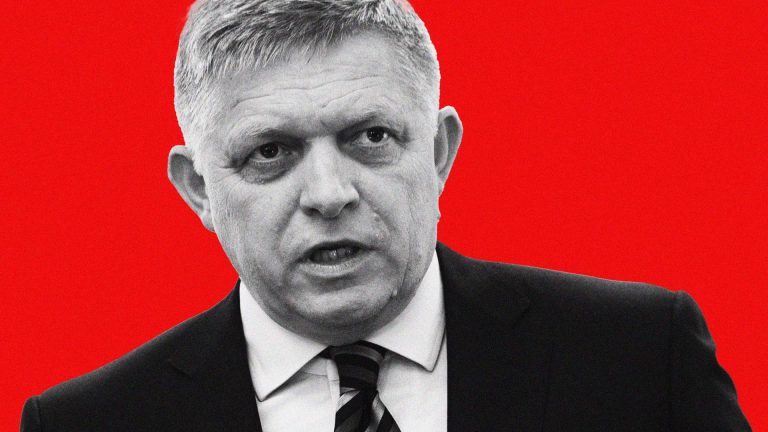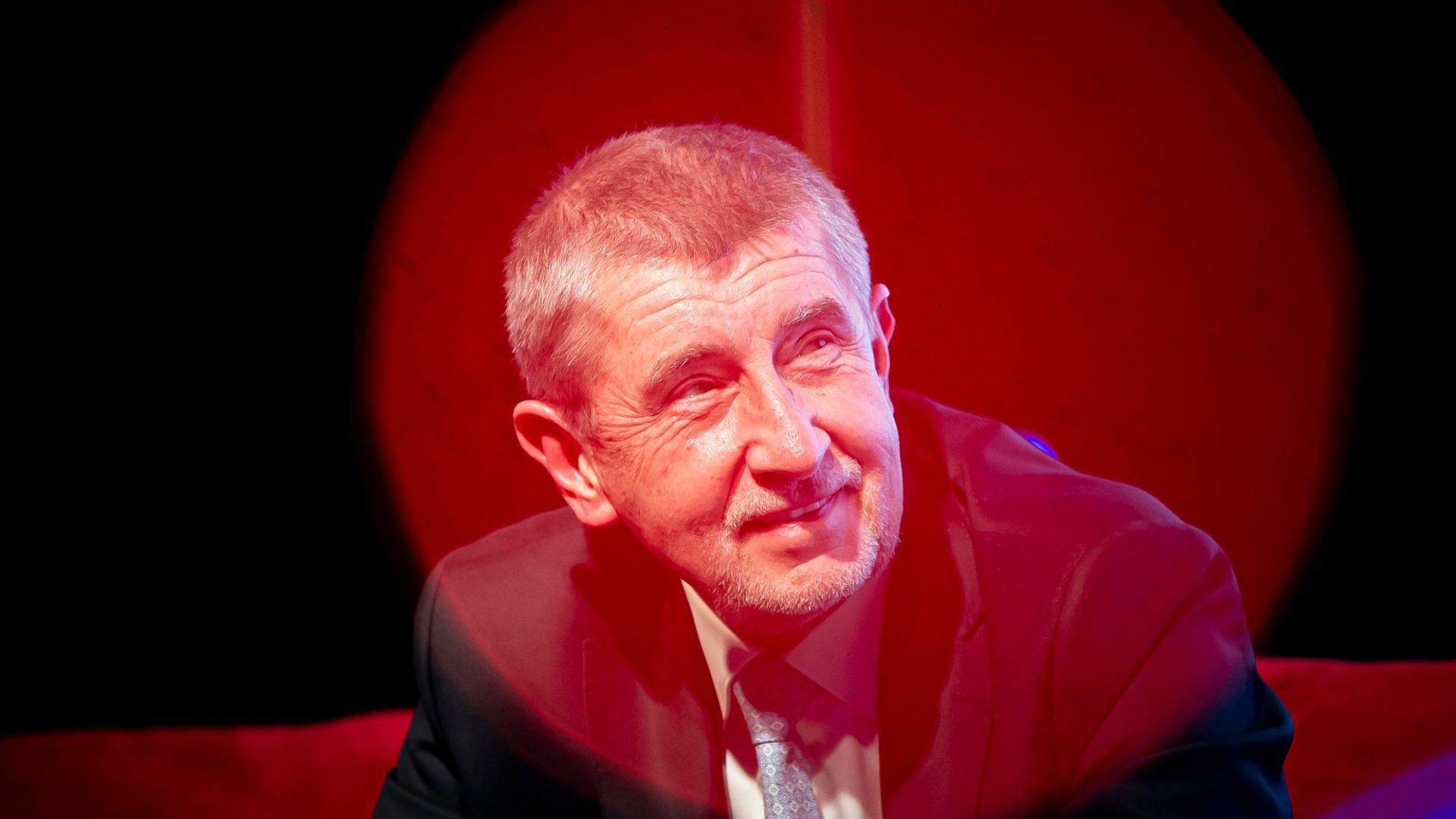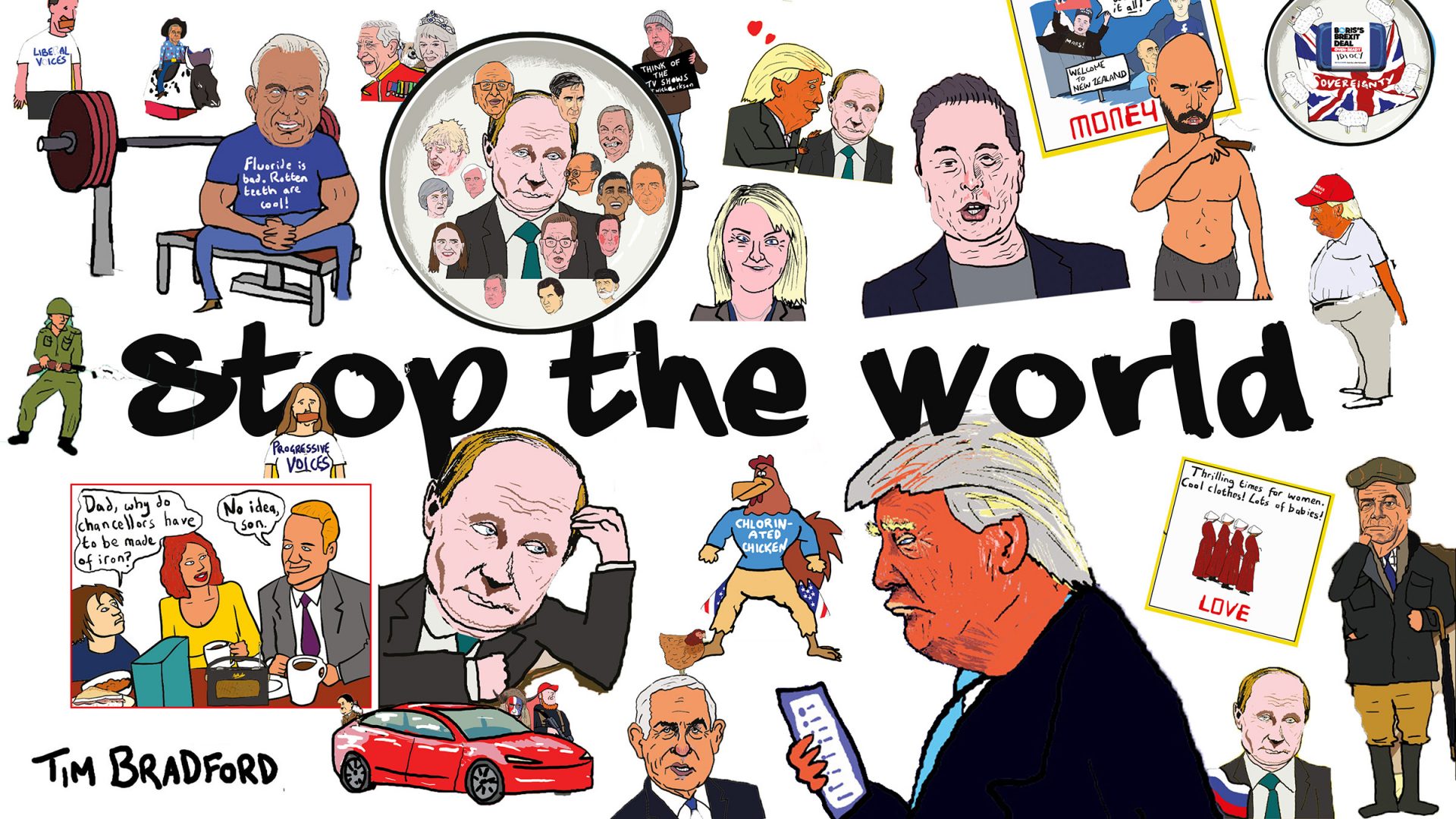With just days before Czechs head to the polls, former prime minister Andrej Babiš, the leader of ANO, the country’s largest opposition party, is campaigning in the Pilsen region, best known for the world-famous beer that bears its name. But today, Babiš isn’t here for the brewery. As rain falls over the small town of Dobřany, he arrives to meet locals. Despite the weather, several dozen supporters turn out to hear him speak.
The event is disrupted by an elderly pensioner who heckles Babiš. A polarising figure in Czech politics, Babiš appears unfazed – likely accustomed to such scenes – and continues his speech as police restore order among the crowd. Having been active in politics for over a decade, Babiš is the frontrunner in all major opinion polls ahead of the parliamentary elections scheduled for October 3-4.
But while Babiš is the clear frontrunner, he is unlikely to secure an outright majority in the 200-seat Chamber of Deputies. This has brought two smaller parties into the spotlight as potential coalition partners: the far right Freedom and Direct Democracy (SPD), led by Tomio Okamura, and the far left Stačilo! (Enough!) coalition, which is centred around the Communist Party and led by Kateřina Konečná.
Okamura held one of his campaign rallies in Kolín, a town outside Prague, laying on beer, sausages, and locally sourced farm products, all for a buck. Several hundred attendees enjoyed the food and music with a dose of far right rhetoric.
As Okamura steps on to the stage, the crowd surges towards the podium. His fiery speech centres on anti-immigration and anti-EU rhetoric, with nearly every issue – from corruption to healthcare – linked to immigration. “Islamic criminals! We reject the EU’s migration pact!” Okamura shouts, echoing the populist themes that have previously earned him strong support. But tonight, one word stands out more than any other: Ukrainians.
“Ukrainians are just leeching off benefits,” he declares. “We oppose any aid for Ukrainians, we will abolish it. This is not our war! Do you agree?” he asks, prompting a thunderous response from the crowd. Okamura taps into public tensions at a time when nearly 400,000 Ukrainians have sought refuge in the Czech Republic. There is now approximately one Ukrainian refugee for every 30 Czechs – the highest ratio in the EU.
I speak to an elderly couple standing on the fringes of the crowd. Both Antonín and Františka are in their late 60s. “This isn’t our war. It was the Americans who tricked the Ukrainians into turning against the Russians. It’s all about hatred towards Russia. The war shouldn’t have happened, but they crossed Putin’s red line. Sadly, it came to this. They forced him,” says Antonín, a former professional soldier, with unwavering conviction. The couple are split: Františka supports Okamura’s party, while Antonín backs the Stačilo! movement.
Suggested Reading

A British scandal in Slovakia
I head to the north-eastern town of Bohumín, where Kateřina Konečná, leader of the Communist Party of Bohemia and Moravia and head of Stačilo!, is holding her final campaign debate with voters. A few dozen people gather in a local cinema, picking up books critical of the current government and signing a petition opposing fighter jet purchases by the Czech government.
“She’s quite the showwoman,” one lady remarks admiringly, as Konečná enters and greets the crowd like old friends. The discussion touches on the economy, social issues, corruption allegations involving the current right wing government, as well as the war in Ukraine. Konečná accuses the Czech foreign minister Jan Lipavský of servile behaviour towards Ukraine.
“I think he even has the Ukrainian flag in his kitchen. I feel like he’s forgotten what the Czech one looks like – not just by what he says and does, but by how he behaves; just like the entire Czech government. Basically, we do everything Zelensky and his regime want.” The mostly elderly audience applauds.
She is there with Lubomír Zaorálek, a social democrat and former Czech minister of foreign affairs. They were once political opponents, but have now joined forces.
“We’ve come to understand the depth of the crisis the European Union is facing, how it’s mutating before our eyes,” Zaorálek says when I speak to him. The only answer, he says, is the extreme alliance between a social democrat and the pro-Russian Czech communists.
If he wins, Babiš will face tough decisions about how to form a government. Because another party is also hovering around the 5% threshold – Motoristé sobě, the right wing populist movement whose name means “Motorists for Themselves”. The final calculations could prove complicated.
However, Babiš is riding a populist wave of disenfranchised voters, much like Donald Trump. At his rallies, you can even pick up the now-iconic red hat, but instead of Make America Great Again, it reads: “Strong Czechia”. Earlier this year, Babiš declared himself a “Trumpist” in the Rozstřel podcast, though he later became more critical of the US president. “It’s a pity that Trump didn’t keep his promise and end the war in Ukraine,” Babiš said to me, when I met him after a rally. When it comes to the war in Ukraine, he said: “Of course it’s Russian aggression – I’ve said that repeatedly.”
“ANO voted for all laws supporting Ukraine,” says Jindřich Šídlo, a well-known Czech political commentator and journalist. “Under Babiš, Czechia won’t shift to the Russian side, but the clear and unconditional support for Kyiv seen under the current government will no longer continue.” That pro-Ukraine stance might well be even firmer now, after pro-Russian parties were so completely trounced in the recent Moldovan election, which was won by the governing pro-EU party.
EU relations are also a hot-button issue in Czechia, one that could unsettle both European politicians and Czech voters. Both the SPD and Stačilo! want a referendum on Czechia’s exit from the European Union – Czexit.
“I don’t suspect ANO itself of holding pro-Russian views or of trying to reverse the post-1989 democratic development,” says Miroslav Kalousek, the former finance minister, and a right-wing critic of Babiš. “However, such forces do exist in Czech politics. And the leader of ANO desires power so much that he wouldn’t hesitate to let them share in it.”
For his part though, Babiš draws a red line at demands from far right or far left parties to hold an EU referendum. “We don’t want to leave. Just look at how badly things turned out for Britain,” he says. Still, the EU is one of his favourite targets. “But leaving would make it even worse,” he concludes.
The anger at both the far right and far left rallies is palpable as I travel across the Czech Republic, trying to understand what drives voters. It’s clear that the political landscape could shift once the results come in.
And alongside the anger, there’s a growing sense of fear about what post-election Czechia might look like. “Czech democracy is fairly robust – it has survived quite a lot,” Šídlo told me. “But it’s clear that another major test lies ahead.”
Branislav Ondrášik reports for the Slovak daily SME



